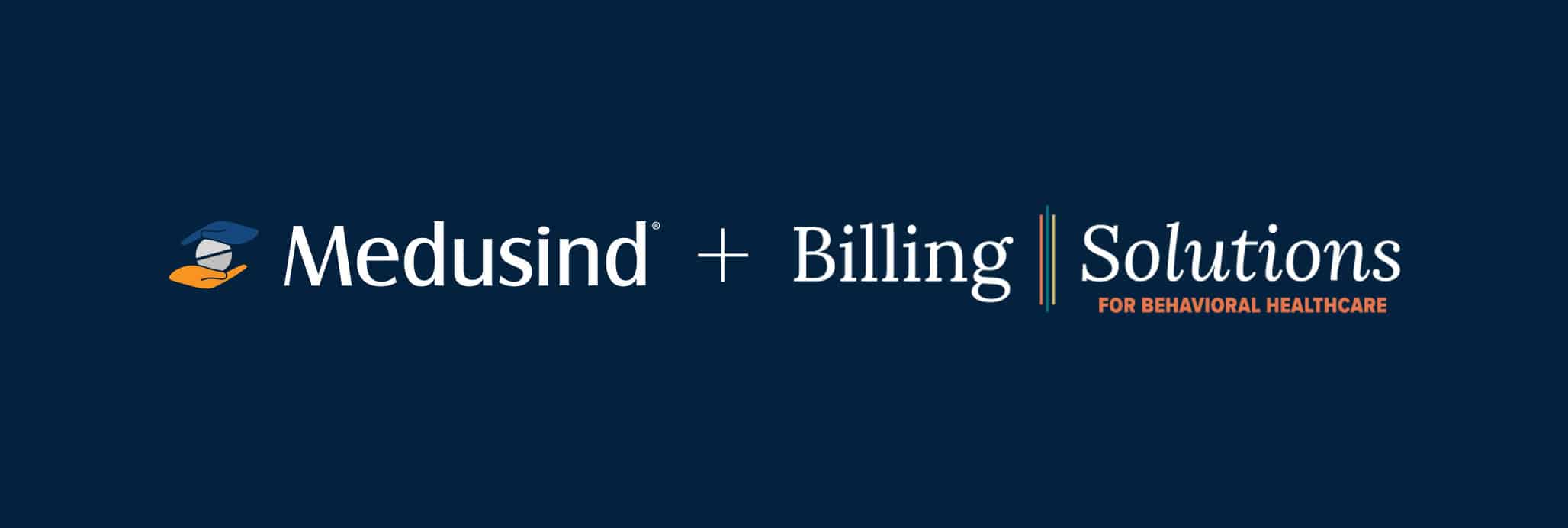
The Transition from Paper to HIPAA-Compliant Digital Forms has posed challenges for numerous healthcare practices, largely due to their distinct patient intake procedures. Although doctors have conventionally depended on paper forms to gather patient information, there is a growing preference among patients for mobile-compatible digital forms.
Additionally, healthcare practices often use different EMR or EHR systems, and changing established business processes can be a time-consuming task. The extensive HIPAA regulations governing Patient Health Information (PHI) add complexity.
However, numerous innovative SaaS solutions have emerged to help healthcare practices transition their operations online with minimal stress. According to a report from HIPAA Journal in May 2024, the number of data breaches has significantly decreased, reaching levels not seen since May 2020, when the paper-to-digital transformation began. (Source)
Enhancing Data Security and Confidentiality While Keeping Patient Forms Unique
Interestingly, patient intake forms are rarely identical, even within the same industry (Lindahl, 2003). While healthcare providers often ask similar questions, their review and appointment procedures, including patient intake forms and document reviews, vary. Regulations also require up-to-date consents, e-signatures, and other elements, which were straightforward to manage on paper but are more complex to implement online due to the need for coding and advanced compliance procedures to secure PHI.
Streamlined Transition from Paper to Online Form
On another hand, the transition to digital forms and documents has streamlined many tedious processes. For instance, once a patient completes an online form, their information can be securely stored for future reviews and updates. If patient updates are needed, healthcare providers can simply send a link or website address, allowing patients to conveniently update their medical history, sign documents in a HIPAA-compliant format, or make payments.

One of the most complex patient processes occurs in the mental health and counseling sectors. Intake procedures, tests, questionnaires, summing, reports, and other technological features are critical to move mental health intake processes online while ensuring they remain HIPAA-compliant and user-friendly for patients and healthcare staff. Once implemented, these digital processes, like converting paper to HIPAA compliant online forms, can significantly reduce the administrative burden on healthcare frontlines, allowing them to focus more on patient care rather than managing paperwork.
AI and HIPAA-Compliance: The Future of Healthcare
AI and HIPAA compliance is one of the most intriguing topics. While healthcare practitioners handle patient inquiries, AI models can assist with various non-PHI tasks.
From triaging patient requests to transforming paper forms into online forms. This technological advancement is only the beginning, and we can expect to see more AI-driven solutions (Marks M et al., 2023) helping healthcare providers streamline their operations and improve patient care while maintaining strict HIPAA compliance.
References
- Lindahl, M. G. (2003). Development of an integrated patient history intake tool: a Delphi study.
- Marks M, Haupt CE. AI Chatbots, Health Privacy, and Challenges to HIPAA Compliance. JAMA.2023;330(4):309–310. doi:10.1001/jama.2023.9458
The post Efficiency for Healthcare: HIPAA-Compliant Digital Forms are Replacing Paper Forms appeared first on The Healthcare Guys.








